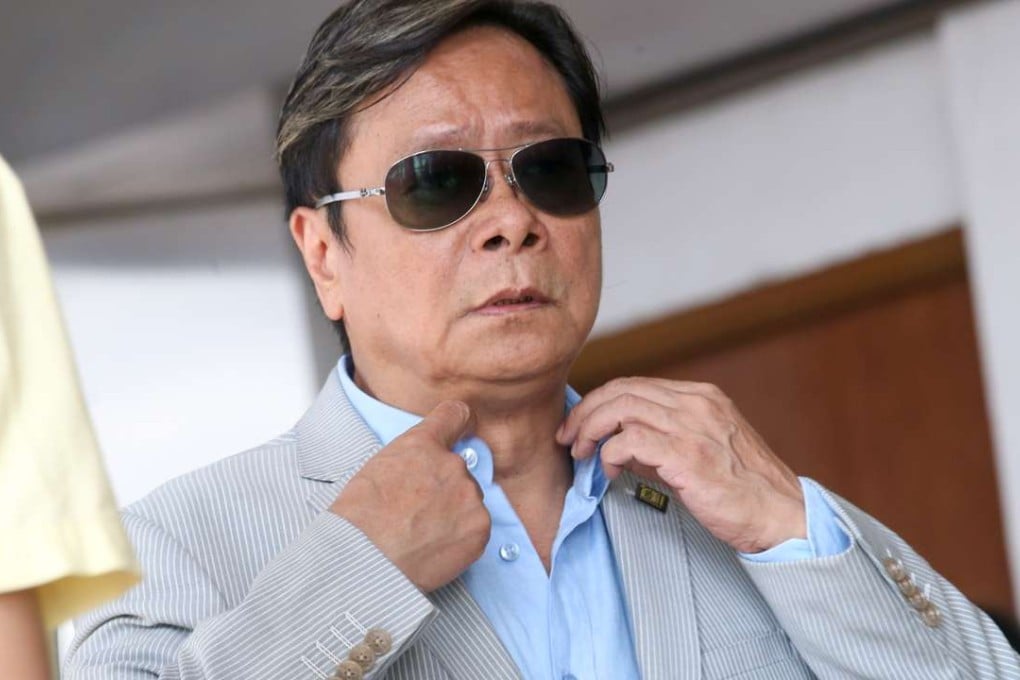Opinion | Private Hong Kong prosecutors warned of obstacles if they wish to press their case
Former lawmaker Wong Yuk-man is considering launching a private prosecution against Chief Executive Leung Chun-ying over the UGL payment

The right of private prosecution is an ancient one, and British judge Lord Wilberforce called it “a valuable constitutional safeguard against inertia or partiality on the part of authority”.
Two years have now passed since the Independent Commission Against Corruption started investigating the UGL payment, and people are naturally worried over what is going on.
However, notwithstanding delay, it is difficult for a private prosecutor to bring a case to trial, particularly when an investigation is ongoing. He must first persuade a magistrate to issue a summons against the proposed defendant, which may require the disclosure of the evidence to be relied upon. Then, if he wishes to retain control, and not everyone does as it can be costly, he may have to dissuade the secretary for justice from taking the case over.
Although private prosecution provides a remedy for someone who wishes to see the law enforced, the Department of Justice, under Basic Law Article 63, retains the ultimate control over prosecutions. Once a private prosecution starts, the justice secretary may intervene at any stage and assume the conduct of the case. He may then prosecute the case himself, or else stop it in its tracks, either by offering no evidence or entering a nolle prosequi, a formal notice of abandonment.

